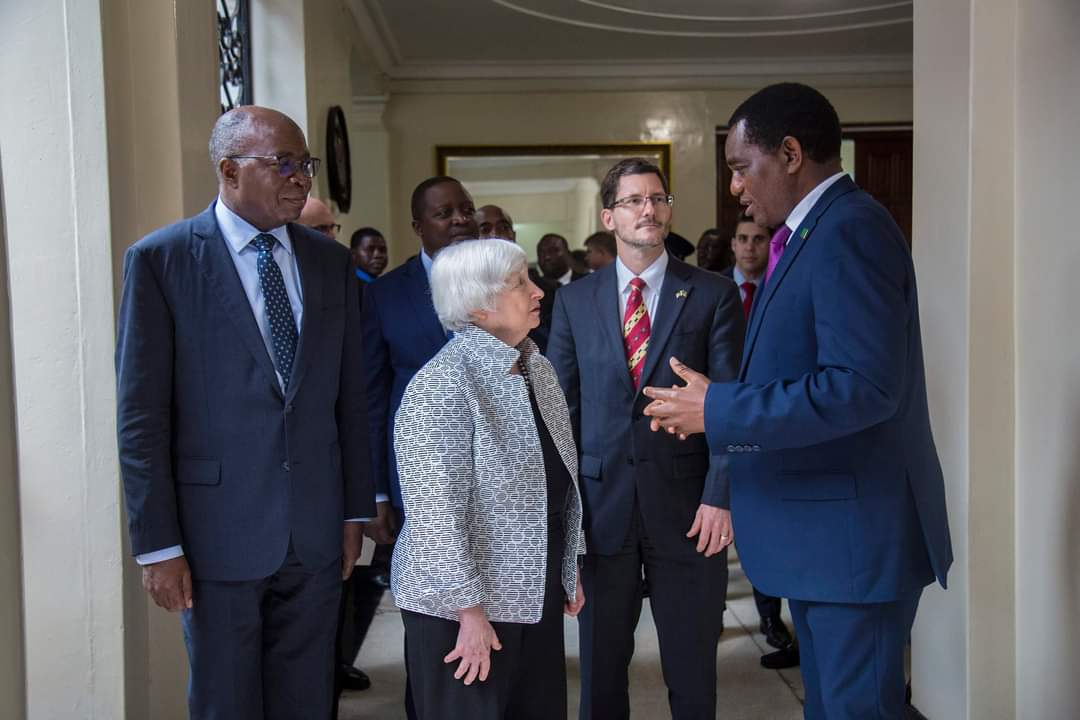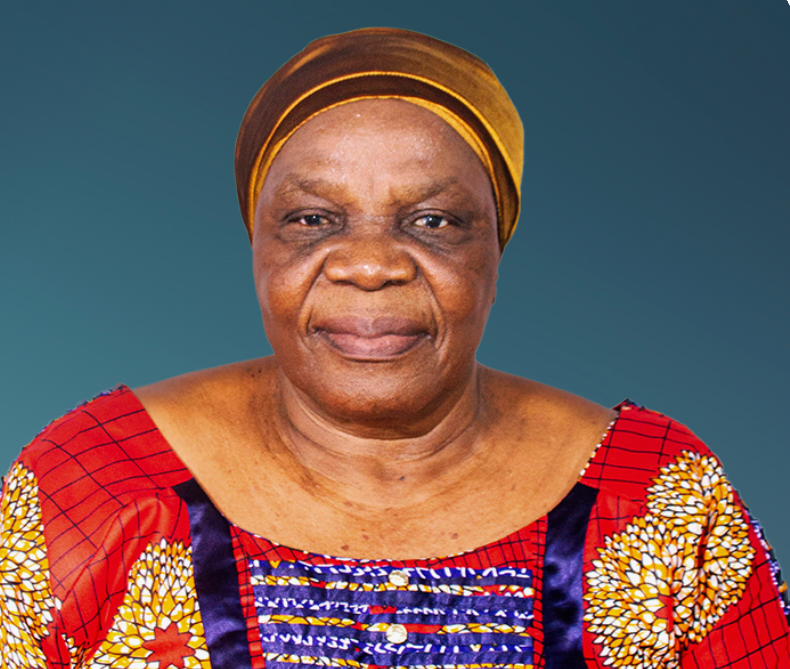 International Monetary Fund (IMF) Managing Director, Kristalina Ivanova Georgieva-Kinova (Second from Left) welcomed at State House in Lusaka by President Hakainde Sammy Hichilema (far Right).
International Monetary Fund (IMF) Managing Director, Kristalina Ivanova Georgieva-Kinova (Second from Left) welcomed at State House in Lusaka by President Hakainde Sammy Hichilema (far Right).
“Zambia Pass The Tobacco Control Bill”
By Saeed Simon Banda in Ndola, Copperbelt Province Derrick Sinjela in Lusaka Province
THE Global Tobacco Control Civil Society including Zambia civil societies in tobacco control welcomes the expulsion of tobacco giant Philip Morris from Medicago Inc, the corporation involved in Canada’s major government-backed COVID-19 Vaccine collaboration.
In a Saturday, 28th January, 2023 Press Release, the news follows the rejection of the Medicago Covifenz vaccine by the World Health Organization (WHO)- due to the corporation’s tobacco industry ties, cheered Tobacco Free Association of Zambia (TOFAZA) Executive Director Brenda Chitindi.
Mrs. Chitindi reiterated that Tobacco control groups have consistently argued that financing and approving any drug that has links to the tobacco industry violates the World Health Organization Framework Convention on Tobacco Control (WHO FCTC), a global public health treaty that came into force in 2005, and Zambia signed in 2008.
However, like many peers, Mrs. Chitindi regrets that successive Governments have failed to domesticate the FCTC in the last 15 years.
Advised Mrs. Chitindi: “The FCTC calls for tighter tobacco control and emphasizes the need for public health policies to be protected from commercial and other vested interests of the tobacco industry. The Framework Convention on Tobacco Control also prohibits tobacco industry collaborations among participating countries, which include Canada. The government of Canada has been openly defying this treaty requirement, despite the fact that the Canadian Government is currently suing the tobacco industry – including Philip Morris – for over US$400 billion for healthcare treatment costs resulting from tobacco industry deception. As more countries implement laws to reduce tobacco use, the tobacco industry is fighting back by challenging these measures under international trade and investment agreements”.

HEALTH Minister SYLVIA MASEBO (Center) with participants at the Taj Pamodzi Hotel in LUSAKA – Tuesday, 27th September, 2022 Picture by DERRICK SINJELA
And of late, Mrs. Chitindi is saddened that Zambia is experiencing a lot of sudden deaths and strokes, mainly caused by tobacco use and exposure to secondhand smoke.
“We, therefore, urge the government to prioritize health instead of the revenue collected from the tobacco industry as death is unreplaceable.
However, Tobacco industry interference has been identified as the single largest barrier to the implementation of the Framework Convention on Tobacco Control,” prayed Chitindi.
Mrs. Chitindi says it is concerning that growing affordability of cigarettes, lack of strong tobacco controls, and efforts by the tobacco industry to establish new markets have equally resulted in staggering increases in smoking prevalence in some low-income countries, despite the overall downward trend in the world, a most notable case in Zambia, too.
In addition, Chitindi says many new challenges for tobacco control have emerged over the last few years, ranging from youth use to the rise of new tobacco products, casting doubt on the sustainability of the progress made.
Mrs. Mrs. Chitindi notes that given the strong response of the tobacco industry following advances in legislation and regulation, it is more important than ever to continue to move forward and strengthen tobacco controls and counter this deadly offensive.
“Over eight million people globally die each year due to tobacco use. There is a clear conflict of interest with the tobacco industry engaging in public health efforts, including vaccination. This decision is a milestone and also a reminder that governments must remain vigilant and coherent about whom they partner with in public health efforts to avoid incompatible collaborations that breach the Framework Convention and other agreements.”
Tobacco kills around 8.7 million people every year. While up to US$1.4 trillion are lost to healthcare spending and reduced worker productivity,” advised Chitindi.
Accordingly, Chitindi is worried that most of these deaths (7.4 million) are directly attributed to tobacco use, while the remaining 1.3 million relate to non-smokers exposed to second-hand smoke.
“This is also a case in Zambia where more than 7 thousand Zambians die due tobacco-related diseases, and the government loses 2.8 billion Kwacha to healthcare costs for tobacco-related diseases,” laments Mrs. Chitindi.




